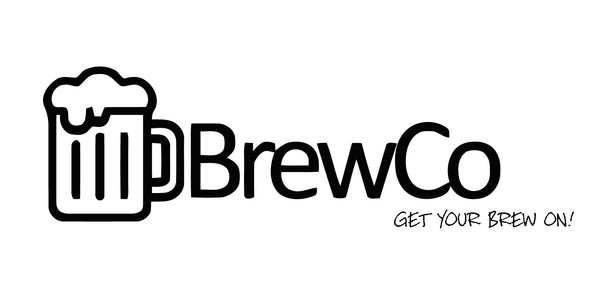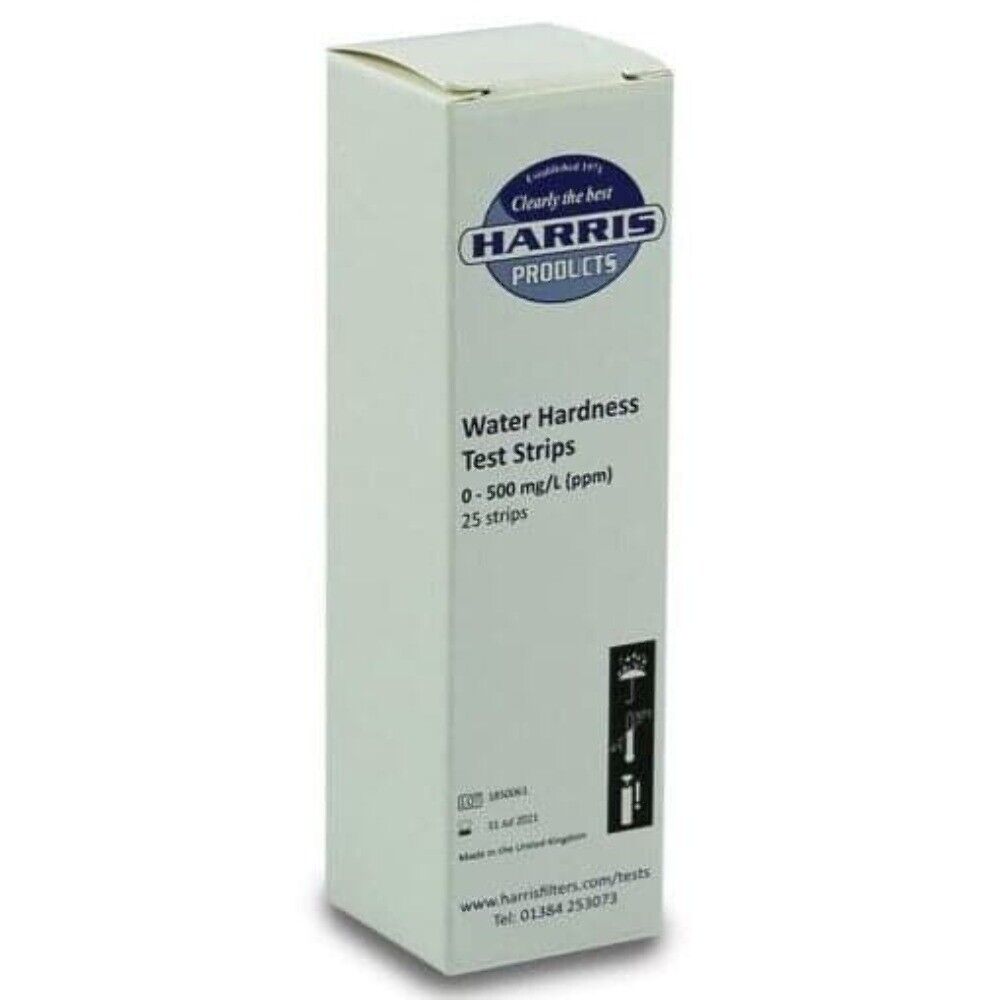Water Hardness test strips are very simple to use, they have a range of 0-500 mg/l and are supplied in a re-sealable container of 25 strips. The range is 0, 50, 125, 250 and 500.
Very simple and quick to use, just immerse the swab strip in the water for 2 seconds then remove. Shake off excess liquid and compare against the colour chart on the packaging within 30 seconds. This will indicate the total water hardness.
The hardness of water depends on its content of calcium and magnesium salts. The total of these salts determines the hardness of water. Water hardness is expressed in mg/L (ppm) of CaCO3 and often classified as ”soft” or “hard” water.
The definition of water hardness is based on the amount of calcium it contains per litre.
| 0 mg/L | Totally soft water |
| 50 mg/L | Soft Water |
| 125 mg/L | Slightly Hard Water |
| 250 mg/L | Hard Water |
| 500 mg/L | Very hard Water |
Soft water:
Soft water has a relatively low concentration of calcium carbonate and other ions. Soft water will lather with soap very easily and leave little or no scum in baths, kettles or heating systems. It is very good for bathing in, but it is not advisable to drink or brew with totally soft water.
Hard Water:
Hard water has a high concentration of calcium carbonate and other ions. The higher the concentration of calcium, the harder the water. Hard water will not lather with soap very easily and leaves scum and scaling in baths, kettles or heating systems. It is a major contributor to boiler breakdown as the deposits block the pipes. There are two types of hardness, temporary and permanent. Temporary hardness falls out as a deposit when boiled, permanent does not.
Water for Beer:
Different beer styles are better suited to specific types of water. Bitters and Pale Ales achieve optimal results if brewed with a harder water (Burton is a relatively hard water area). As a general guide aim for around 250 mg/L.
Pilsner Lager, Brown Ale and Mild brew best if a softer water is used. As a general guide aim for around 50 mg/L when brewing these varieties.
To increase the hardness of water:
The simplest way is to add Calcium Sulphate (Gypsum) or Calcium Carbonate. These do not dissolve easily in the water, so it may take a while of constant stirring to get them to mix properly.
To make the water softer:
The safest way to reduce the hardness of beer is to use Lactic Acid – either liquid or powder form.
Temporary hardness can be reduced by boiling the water and allowing it to cool before use. Syphon the water off any sediment before using it for brewing.


